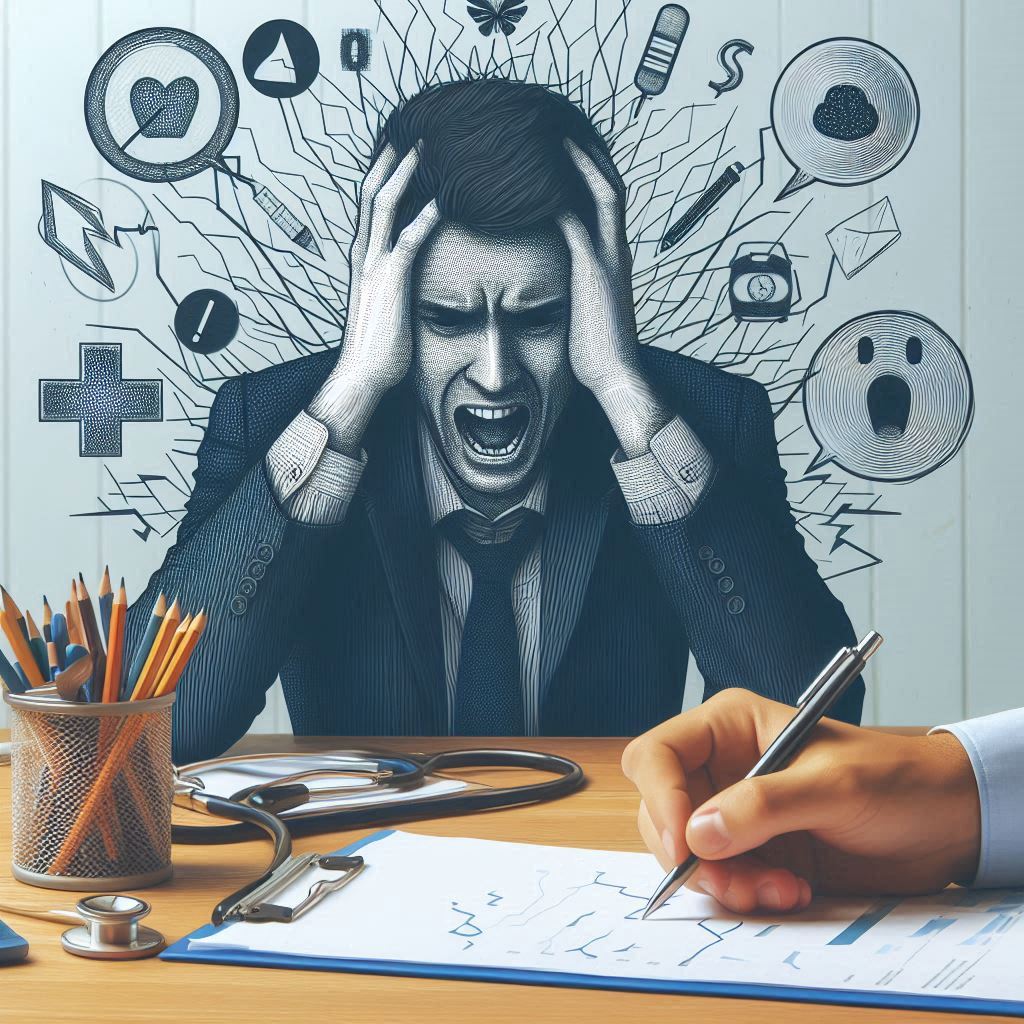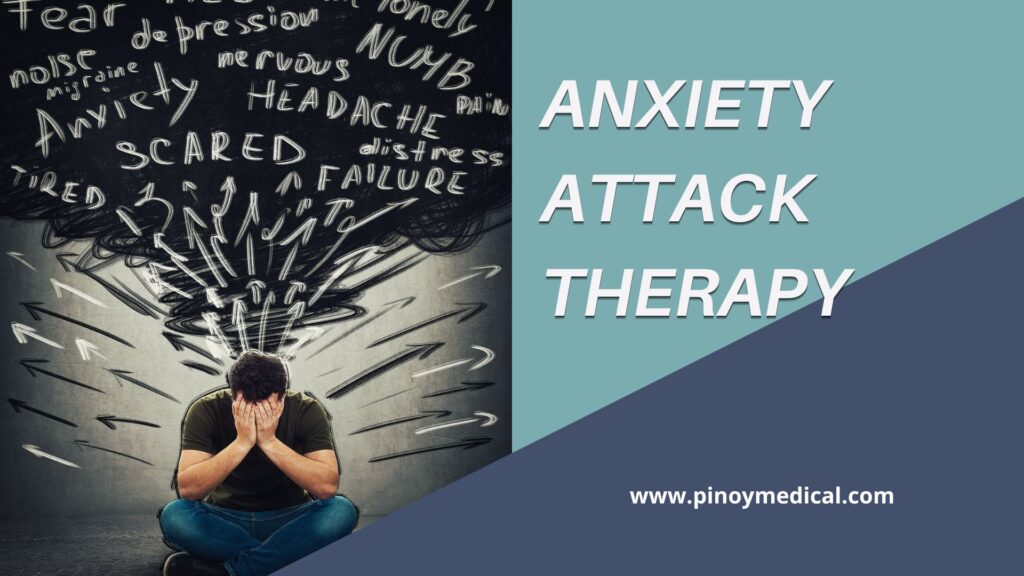Techniques for controlling and minimizing the symptoms of anxiety attacks are part of anxiety attack therapy. Common strategies include medication such as antidepressants or anxiety medications, exposure therapy to progressively face anxieties, and cognitive-behavioral therapy (CBT) to modify negative thought patterns. People can regain control over their anxiety episodes by using mindfulness exercises and relaxation methods like progressive muscle relaxation and deep breathing.
Anxiety Attack Therapy Price
The average cost of anxiety attack therapy is ₱1,500 to ₱5,500 per session. Psychotherapy, such as cognitive-behavioral therapy (CBT), medication, such as antidepressants or anxiety medications, and lifestyle changes, such as exercise and stress management methods, are all part of the treatment. The type of therapy offered, the location, and the therapist’s experience can all affect the cost.

Popular Hospitals and Clinics that Offer Anxiety Attack Therapy
The price of anxiety attack therapy in the Philippines varies depending on several factors, such as the type of therapy (such as cognitive-behavioral therapy or medication management), the experience and credentials of the therapist, the clinic’s location (urban areas are typically more expensive), and the number and length of sessions. Advanced treatment techniques and any extra services rendered, such as individualized care plans and follow-up consultations, are additional considerations.
| Hospital/Clinics | Location | Contact | |
| ChildFam Possibilities | 3rd Floor Hollywood Square Building, 33 West Avenue Quezon City | 09177003247 | [email protected] |
| Better Steps Psychology | Unit 301 Fortune Building, 144 Pasig Blvd, Pasig City, Metro Manila 1604 | 09178943988 | [email protected] |
| PsychConsult Inc. | Unit 227 Regalia Park Towers, 150 P. Tuazon Blvd, Cubao, Quezon City | 09178080193 | [email protected] |
| Philippine Psychiatric Association (PPA) | Ortigas Center, Pasig City | (02) 6359858 | [email protected] |
| Philippine Mental Health Association (PMHA) | 18 East Ave, Diliman, Quezon City | 09175652036 | [email protected] |
| National Center for Mental Health (NCMH) | Nueve de Febrero, Mandaluyong, Kalakhang MaynilaSantriago Blvd, General Santos City, Philippines | (02) 85319001 | [email protected] |
| Jaime C. Bulatao, SJ Center for Psychology Services (Bulatao Center) | Ateneo de Manila University | (02) 4265982 | [email protected] |
| Better Steps Psychology | 2nd Floor Esperanza Centre, 117 Shaw Blvd, Pasig, 1600 Metro Manila | 09178943988 | [email protected] |
| Reintegration for Care and Wholeness Foundation, Inc. (RCW) | 59 C. Salvador, Lungsod Quezon | (02) 34360710 | [email protected] |
| Philippine General Hospital – Department of Psychiatry & Behavioral Medicine | 2/F, Ward 7, Philippine General Hospital, Taft Avenue, Ermita Brgy 670 Zone 72, Manila, Metro Manila | (02) 85548400 | [email protected] |
Video about Anxiety
FAQs
Which drugs are frequently recommended for anxiety attacks?
Benzodiazepines, beta-blockers, and antidepressants are common drugs that help lessen anxiety symptoms by changing the chemistry of the brain.
How long does treatment for anxiety attacks take to start working?
The length of time varies; while some patients may experience benefits in a few weeks, others may need to receive constant therapy for several months.
Do the treatments have any side effects?
Side effects from medications may include fatigue, vertigo, or weight gain. Although CBT usually has no negative side effects, it does need time and active involvement.
Can altering one’s lifestyle help reduce anxiety attacks?
Indeed, a good diet, regular exercise, enough sleep, and stress-reduction methods like mindfulness can greatly lessen the symptoms of anxiety.
Does insurance pay for anxiety attack therapy?
Coverage varies; it’s important to verify the individual policy information (Lumina) as some health insurance policies may pay for counseling and prescription drugs.
How can I tell whether my anxiety attacks require therapy?
It is advised that you seek professional assistance if your anxiety is significantly affecting your everyday life, causing you great suffering, or if you have panic attacks frequently.


